I stuffed my bright orange two-hundred-fifty dollar Osprey backpack with clothes. In my one-hundred dollar Patagonia backpack, I stored my two-thousand dollar camera. My bags were heavy and the air was cool that morning. The leaves on the trees were as still as our group of fifty-six students gathered outside the ferry terminal. I pulled out my passport from my loose back pocket as a friend handed me a pen to fill out one of those tedious little transit cards needed to enter foreign countries. I was handed a small white ferry ticket which had “Tangier, Morocco” written on it, and a small arrow pointing to “Tarifa, Spain.” Some in our group became slightly more rowdy as their drowsiness dissipated.
A tall Arab man standing in front of our group also waited to enter the facility. When it was finally time to continue, he entered first. The guard checked his passport and ushered him along. I was curious as we walked through the large glass doors, when I realized that the guard never checked any of our passports. I began to wonder if it was due to race, or whether it was something as inconsequential as the guard simply not being motivated enough to check the documents of close to sixty students.
“You’re overthinking this.” I silenced my train of thought.
Passport control was a strip of three booths, two of which were occupied by unexpectedly amiable border control officers. On the floor, clean painted white stripes indicated where lines should be formed. As we approached the booths, our group split into two. While waiting for my turn to present my ID, I looked over the water. Mist still hovering just inches over the surface. It was peaceful. I noticed a plastic neon-yellow sign attached to the wall: “Persons with invalid documentation will be turned away.” My stomach churned.
Thoughts of tapas and drinking local beers were replaced with the image of a young boy whose mother ushered him onto a small rubber dinghy built for ten people, only to be joined by 40 others. She told him that life would be better when they reached Europe, that the screams and the explosions that rung out in the night would disappear. She has done the math. She knew that thousands had died on the water, fleeing from almost inevitable death in the place where they grew up. For her child, however, this risk was worth it. It was better to grow up playing with tennis balls instead of bullet casings and being afraid of thunderstorms instead of mortar fire.
An announcement over the terminal’s speaker system pulled me back into my body. I looked at the bags at my feet. I looked at my shoes. I knew they were worth more than the clothes on the young boy’s back, bought by a mother who gave up everything for her son. I felt resentment building in the back of my throat. I resented my passport, and my camera, and my privilege.
The passport officer looked up, “Next in line, please.”
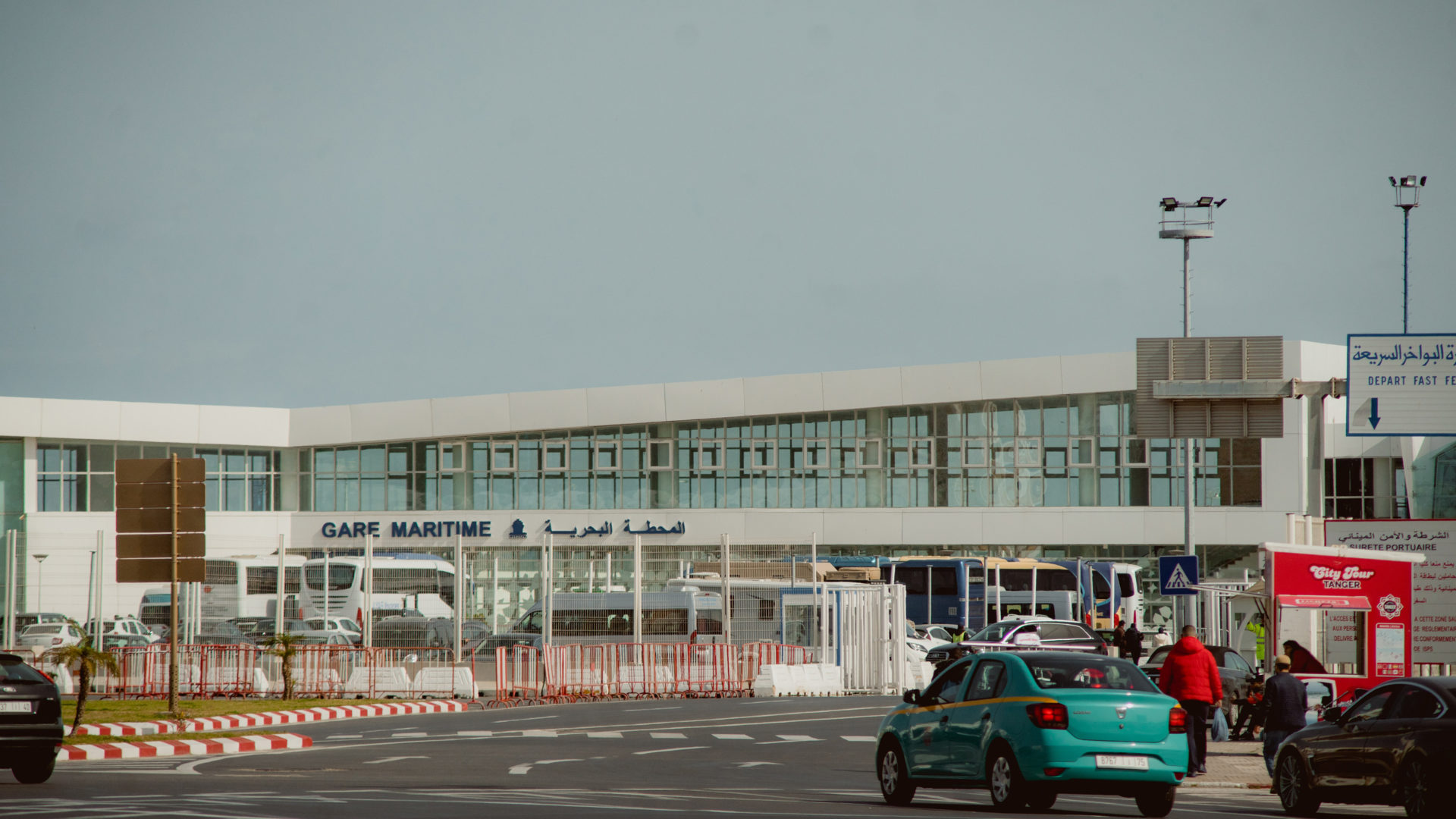
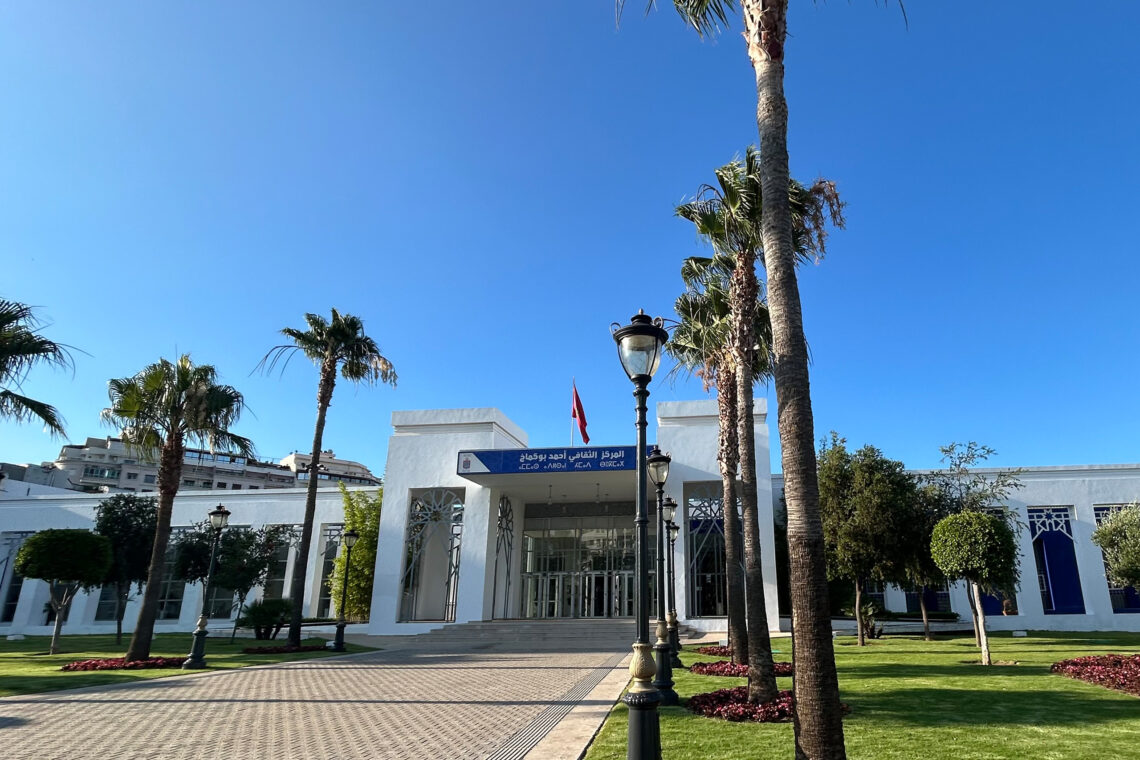
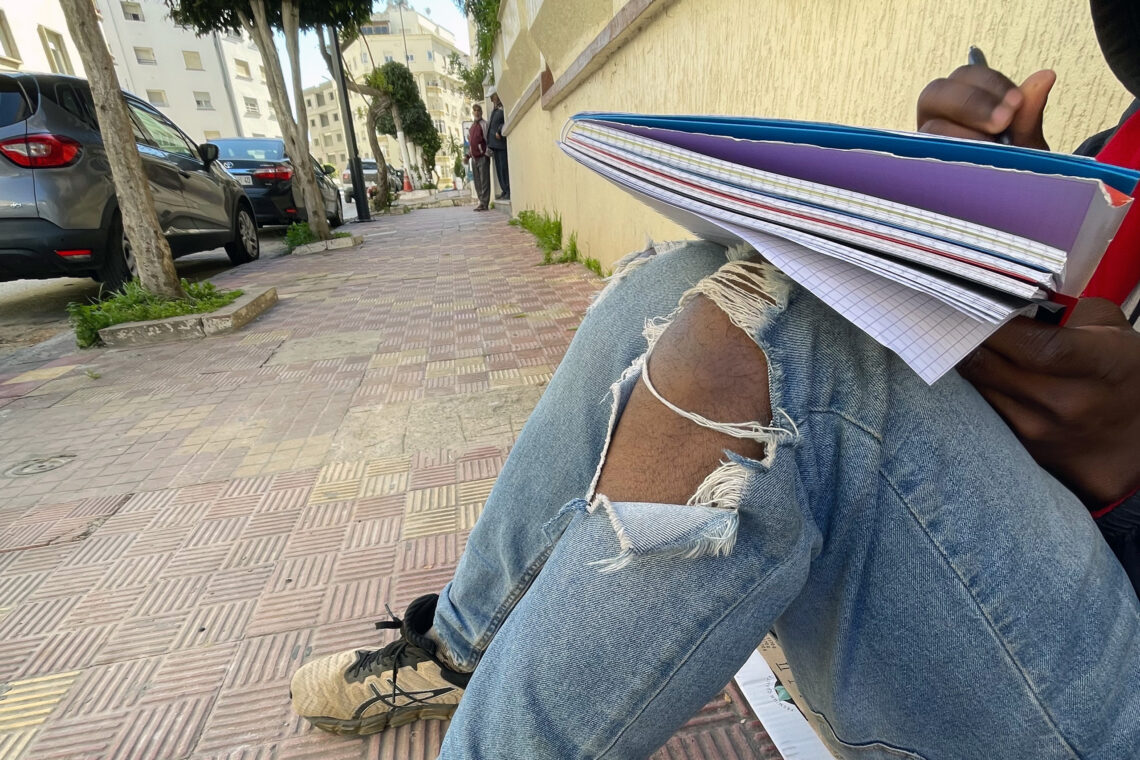
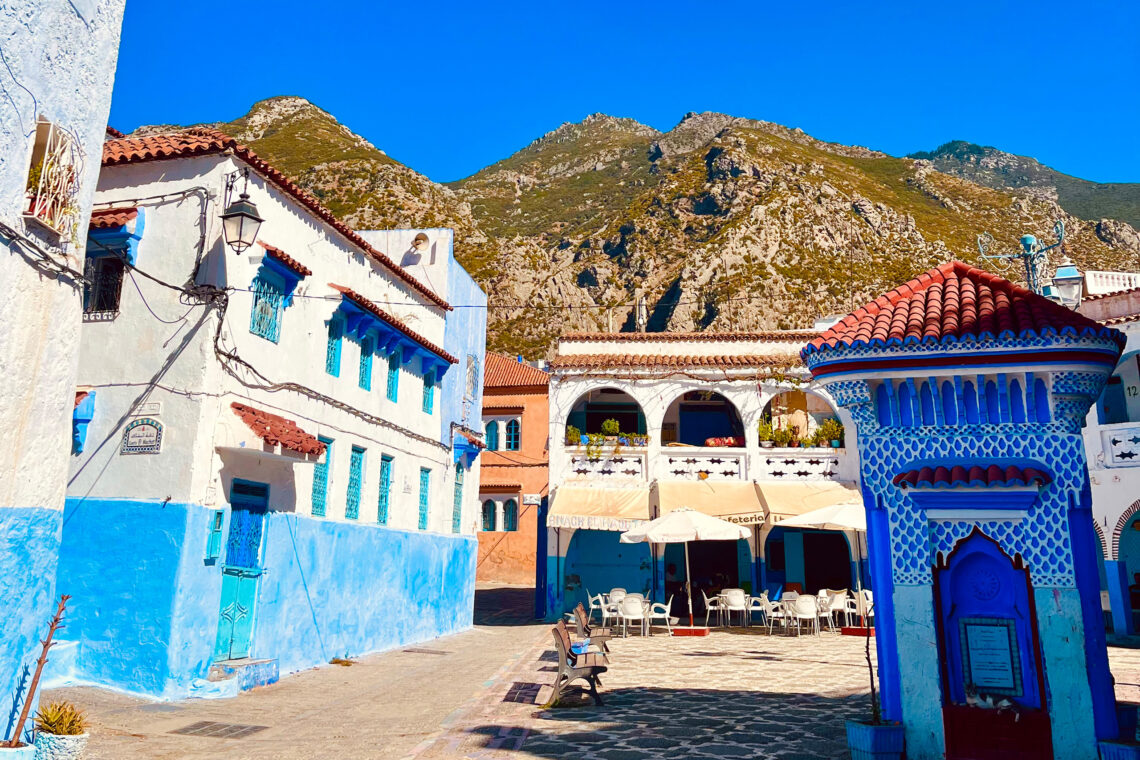
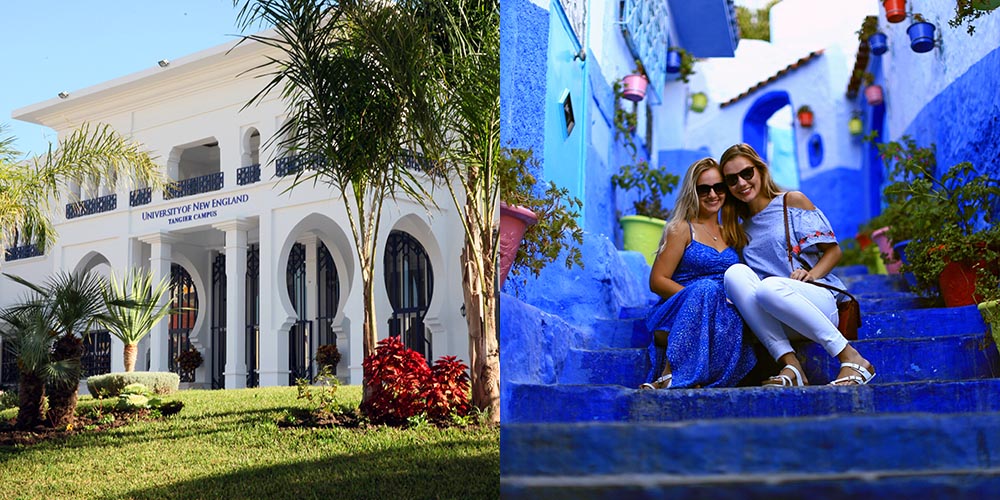

Comments are moderated by the editor and may not appear on this discussion until they have been reviewed and deemed appropriate for posting. All information collected is handled in a manner consistent with our privacy policy.